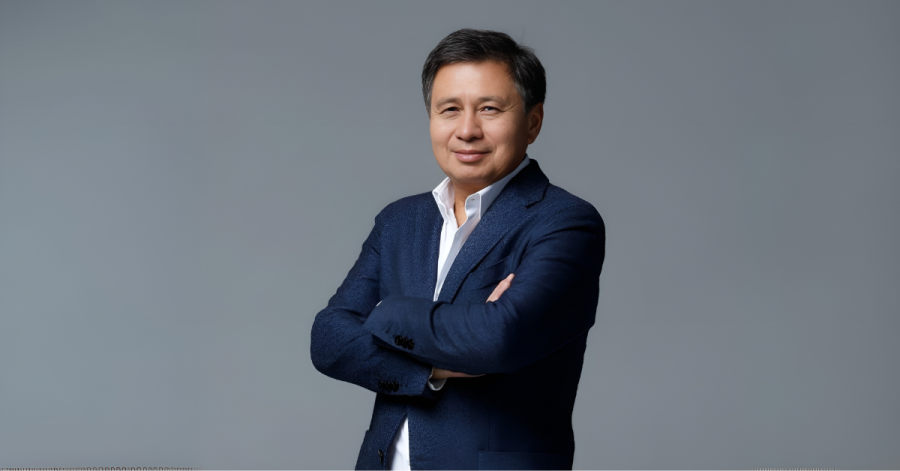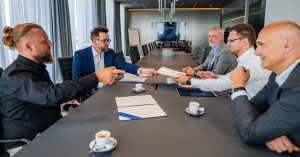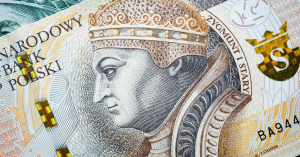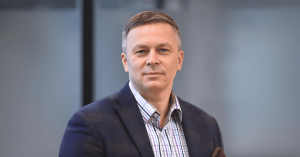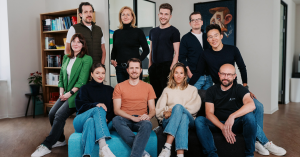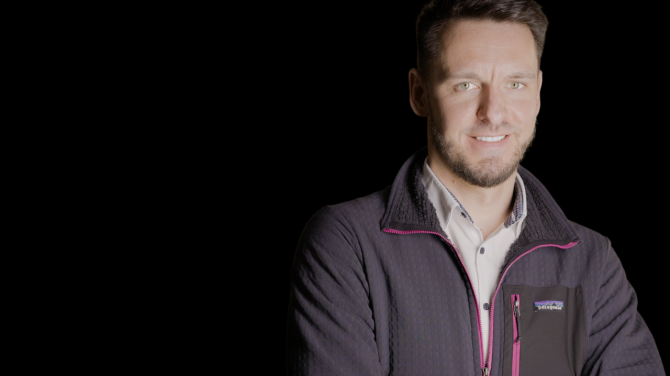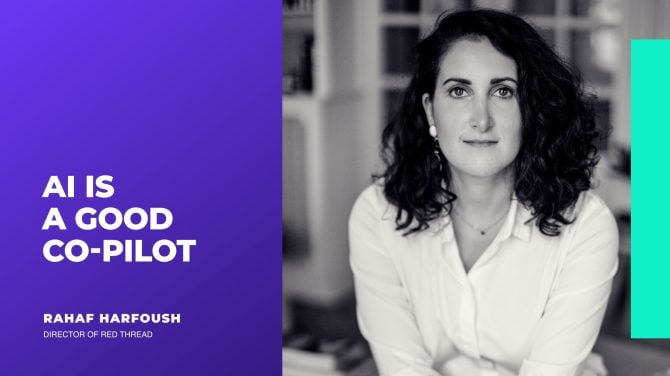I’ve been in the business world for over 30 years and ventured into capital investing in 2015. Each month, I review 20-30 applications but invest in only about 5% of them. Some fail at the pitch deck stage, others at the personal meeting, and a few during due diligence. If you’re a founder looking to pass all three stages, here’s what you need to know.
Stage One: Pitch Deck
Your pitch deck is my first introduction to your project. I don’t watch videos, so focus on a clear, concise presentation with a maximum of 10 slides. Here’s what you need to include:
- Problem: Is it a market ripe for your solution? What’s the geographical focus? How do you propose to solve this problem? The value of your product or service should be clear. Don’t just claim your idea is unique—less than 1% truly are. Competitors could exist.
- Market: What is the market size? Is it growing? Who are your potential customers and competitors?
- Product-Market Fit: Have you achieved product-market fit? What hypotheses are you testing? What’s your project’s traction and retention rates? Ideally, you should show 20-30% monthly growth.
- Unit Economics: How profitable is each transaction in real-time? What are your goals and KPIs? What’s your LTV/CAC ratio? A ratio below 3 is concerning; I look for at least 5.
- Scaling: Can your product or service expand significantly? What’s your growth strategy? Your project should have the potential to grow 10 to 100 times.
- Customer Knowledge: Do you have detailed customer development reports? Who were your first clients, and what feedback have you received? What channels will you use to attract future customers?
- Team: How many people are on your team, and who is responsible for what? Highlight the founders’ industr experience, entrepreneurial experience, educational background, and the presence of a strong marketer. Do you have subject matter experts on your advisory board?
Equally important is targeting the right investors. Founders often mass-email pitches without researching investors’ portfolios, expertise, preferred stages, and check sizes. For example, I consider pre-seed and above projects in fintech, ed-tech, deeptech, and AI sectors. I invest at least $100K in pre-seed, $300K-$500K in seed rounds, and up to $1M in follow-up investments.
Stage Two: In-Person Meeting
Stage Two: In-Person Meeting. If your pitch deck impresses me, we move to an in-person meeting. If the founder is from a different continent like Europe, for example, we schedule a video call that can last several hours. Here, the founder’s main job is to build my confidence. I assess your passion and depth of knowledge about the project. For instance, during my first meeting with the founder of Kazakhstan’s Higgsfield AI, an AI-based video creation platform, his competence was so evident that I instantly believed in the project. Despite my engineering background, I needed someone to help me “translate” from technical terms to basic human understanding. I became the first investor, and this year, the project raised $8M.
Honesty is crucial. My trust in you increases when you openly discuss what’s working and what’s not. This was the case with the Ukrainian startup Zeely, which uses AI to create promotional content. They candidly shared their challenges and answered questions honestly, without any pretense. Their honesty paid off; the project raised $1M 2023.
My initial decision to invest is often emotional. While I might feel ready to invest after the first meeting, I take a couple of weeks to reflect. Sometimes, additional meetings are needed. If I decide to invest, we proceed to the next stage.
Stage Three: Due Diligence
This stage involves a thorough investment analysis, taking up to two months. My team conducts a detailed review. Here’s how founders can prepare:
- Legal Audit: Consult lawyers to prepare all necessary documents and ensure they align with venture capital standards. Issues such as intellectual property protection, business registration, share distribution, and labor contracts will be scrutinized. We had a case where a founder couldn’t bring consent from his wife for the deal. They were separated, but not divorced, and his wife refused to communicate with him. We could not enter a deal without her consent, or it could be considered invalid. Hence, the founder had to bring the signature.
- Accounting Audit: Founders must ensure their bank accounts are in order beforehand. Auditors will request bank statements, review the company’s balance sheet, analyze cash flow, generate profit and loss statements, and assess the company’s accounts. They’ll also check traction. Sometimes founders understate, overstate, or miscount numbers. For instance, some startups inflate recurring revenue by including other income sources like equipment installation payments or recording completed work before the service is rendered. This is inadvisable, as discrepancies will inevitably be uncovered.
- Technical Audit: Auditors typically examine the technology stack, security measures, and overall infrastructure. Founders should ideally document and archive the startup’s development from the beginning. Even if there were failures or missteps, preserving the project’s history is crucial. In the early stages, technical due diligence is relatively quick. Remember, technology can always be adjusted and platforms can be redesigned as needed.
- Team Audit: Investors need to know who they’re working with. They’ll check founders’ credit histories, legal standings, and the legitimacy of their income sources. Ensure there are no team members from sanctioned jurisdictions or those unable to verify their income.
60-70% of the startups I invest in come recommended by fellow investors, but cold leads can still catch my attention. If a founder reaches out and doesn’t hear back, persistence is key. Keep following up to make sure you get noticed.

